Read more about Strange Physics: The Universe Isn’t Expanding the Way We Thought.


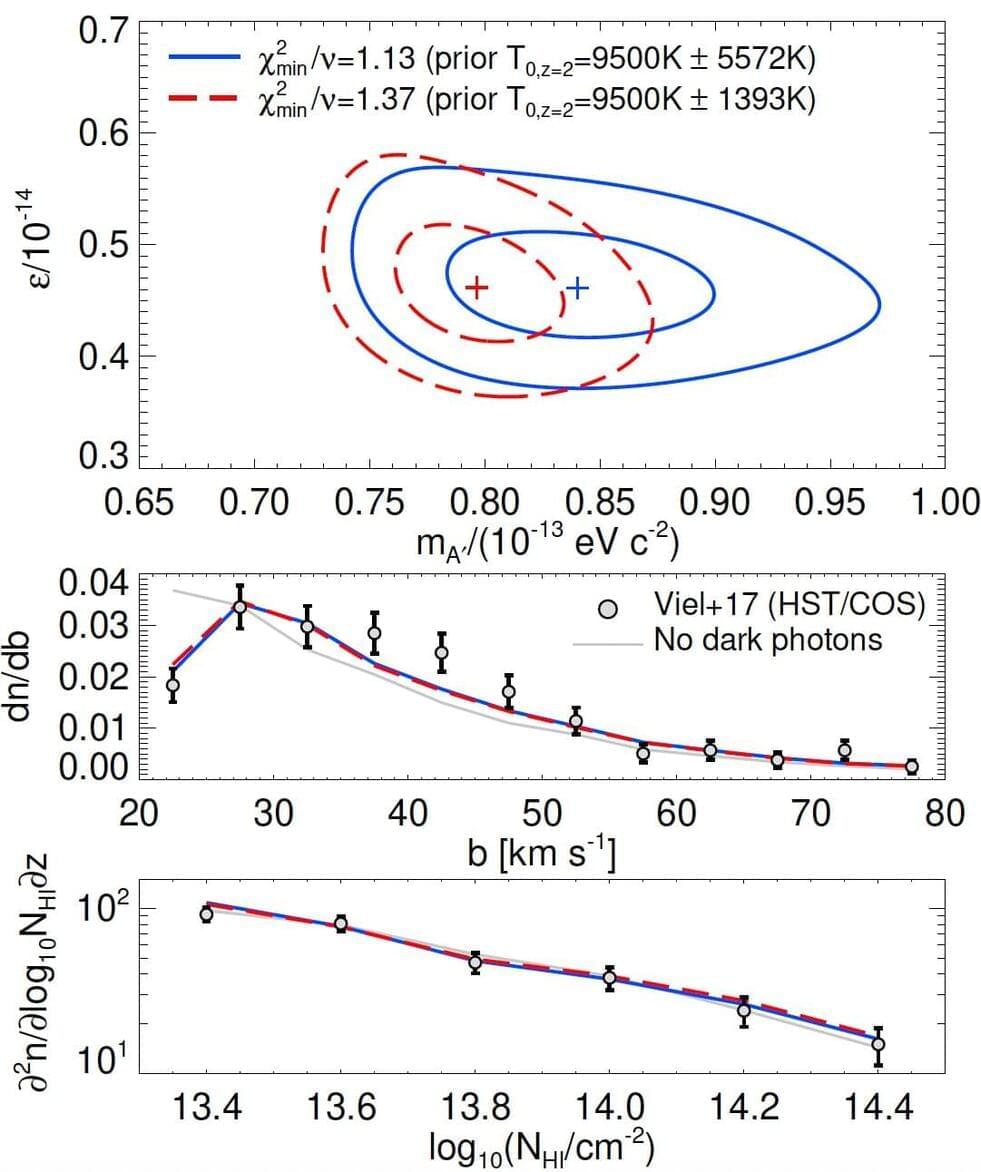
Gas clouds across the universe are known to absorb the light produced by distant massive celestial objects, known as quasars. This light manifests as the so-called Lyman alpha forest, a dense structure composed of absorption lines that can be observed using spectroscopy tools.
Over the past decades, astrophysicists have been assessing the value of these absorption lines as a tool to better understand the universe and the relationships between cosmological objects. The Lyman alpha forest could also potentially aid the ongoing search for dark matter, offering an additional tool to test theoretical predictions and models.
Researchers at University of Nottingham, Tel-Aviv University, New York University, and the Institute for Fundamental Physics of the Universe in Trieste have recently compared low-redshift Lyman alpha forest observations to hydrodynamical simulations of the intergalactic medium and dark matter made up of dark photons, a renowned dark matter candidate.
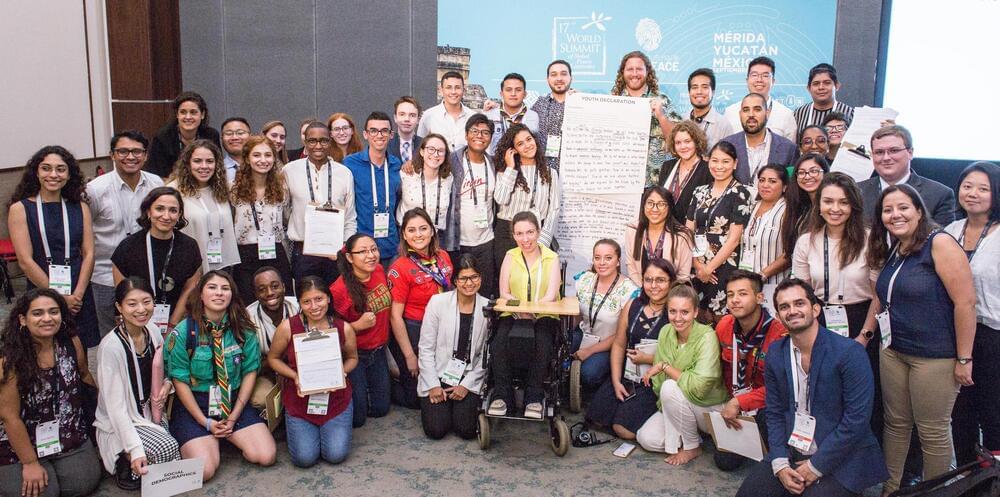
Recently, I learned about the World Nobel Peace Summit — fascinating. Young people can go there, mingle with Nobel Peace Laureates, network and share ideas.
Amma introduces the concept of two types of education: one that allows you to earn a living and another to attain a happy, fulfilled life. Modern education should focus on not just academic skills but a culture of human rights and peaceful coexistence of peoples, the ethics of non-violence. Too often, education is propelled by vanity and the desire for individual success. Over and over, it is just competition, pressure, and a vast amount of information pumped into one’s head without instilling the habit of exploring the future consequences of one’s actions. Imagine a good physics student who becomes a scientist just to invent a bomb that could destroy the whole world. We want a child to fulfill their potential — but stay aware of the outcomes of their choices at individual and societal levels. Ethics allows one to maintain this balance. As a society, we may want to establish ethical think tanks that simulate the future and guide us as we develop new technologies and community practices.
JB: Should the ways of peaceful coexistence be taught starting from pre-school age and reinforced over the years?
EG: Education is a good starting point, but everyday practice is of utmost importance. It is essential to talk to a child or teenager about ethics, culture, the evolution of ideas, about the fact that we are all one — but also give that person a lot of real-life experience in conflict resolution and the opportunity to reflect on it. We cannot shield our youth from risks, conflicts, and frustrations and hope they will be able to deal with such challenges in adulthood. Instead, we need to let young people dive into these issues early on — but provide them with support, guidance, and wisdom along the way.
In the philosophy of mind, the multiple realizability thesis contends that a single mental kind (property, state, event) can be realized by many distinct physical kinds. A common example is pain. Many philosophers have asserted that a wide variety of physical properties, states, or events, sharing no features in common at that level of description, can all realize the same pain. This thesis served as a premise in the most influential argument against early theories that identified mental states with brain states (psychoneural, or mind-brain identity theories). It also served in early arguments for functionalism. Nonreductive physicalists later adopted this premise and these arguments (usually without alteration) to challenge all varieties of psychophysical reductionism. The argument was even used to challenge the functionalism it initially was offered to support. Reductionists (and other critics) quickly offered a number of responses, initially attacking either the anti-reductionist or anti-identity conclusion from the multiple realizability premise, or advocating accounts of the reduction relation that accommodated multiple realizability. More recently it has become fashionable to attack the multiple realizability premise itself. Most recently the first book-length treatment of multiple realizability and its philosophical import has appeared.
This entry proceeds mostly chronologically, to indicate the historical development of the topic. Its principle focus is on philosophy of mind and cognitive science, but it also indicates the more recent shift in emphasis to concerns in the metaphysics of science more generally. It is worth mentioning at the outset that multiple realizability has been claimed in physics (e.g., Batterman 2000), biochemistry (Tahko forthcoming) and synthetic biology (Koskinen 2019a, b). After more than fifty years of detailed philosophical discussion there still seems to be no end in sight for novel ideas about this persistent concern.
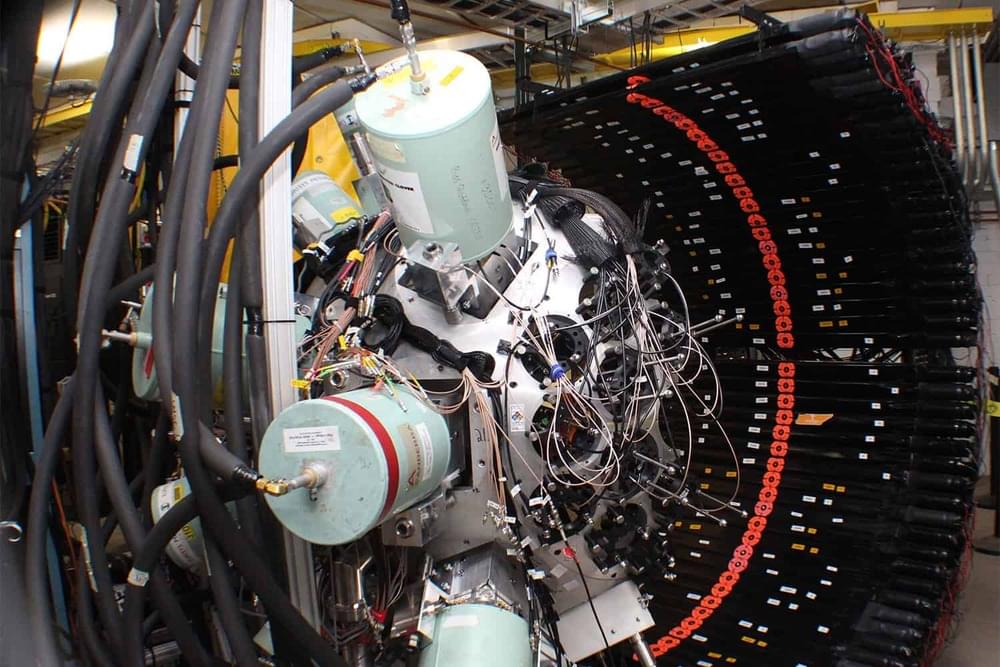
The first scientific results from the new Facility for Rare Isotope Beams (FRIB) at Michigan State University have been unveiled by physicists in the US. Heather Crawford at Lawrence Berkeley National Laboratory and colleagues have synthesized new neutron-rich isotopes of three different elements. Each nuclei is near the neutron drip line and the team has measured the isotopes’ lifetimes for the first time. The research provides a taste of how physicists will use FRIB to study exotic nuclei.
\r \r.
Costing $730m, FRIB opened earlier this year with the aim of expanding our knowledge of nuclear physics by creating thousands of new isotopes for scientists to study. FRIB comprises a superconducting linear accelerator that can create high-intensity beams of just about every stable isotope. These nuclei are fired at targets, creating unstable isotopes that are collected to form beams – allowing the isotopes to be studied.
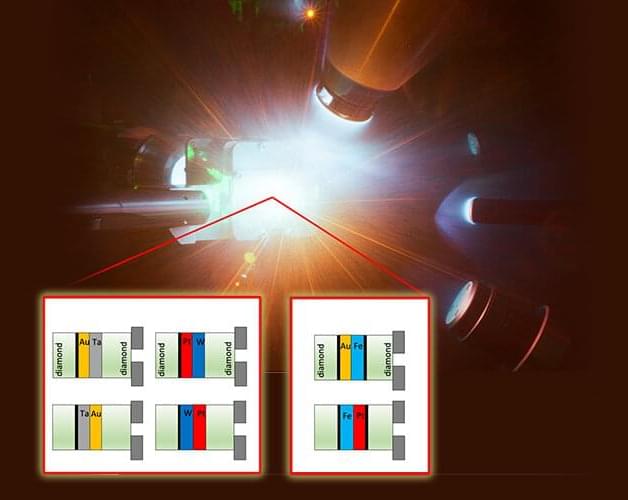
X-ray diffraction measurements under laser-driven dynamic compression allow researchers to investigate the atomic structure of matter at hundreds of thousands of atmospheres of pressure and temperatures of thousands of degrees, with broad implications for condensed matter physics, planetary science and astronomy.
Pressure determination in these experiments often relies on velocimetry measurements coupled with modeling that requires accurate knowledge of the optical and thermomechanical properties of a window material, resulting in significant systematic uncertainty.
In new research published in Physical Review B, Lawrence Livermore National Laboratory (LLNL) scientists report on a series of X-ray diffraction experiments on five metals dynamically compressed to 600 GPa (6,000,000 atmospheres of pressure). In addition to collecting atomic structure information for multiple compressed samples, the team demonstrated a different approach for pressure determination applicable to X-ray diffraction experiments under quasi-isentropic ramp compression.
The James Webb Space Telescope has finally made its first dark matter observations, and the results could lead us to new physics. They have questioned our understanding of dark matter and the large-scale structure-formation of the Universe. Dark matter is one of the most mysterious entities in the cosmos. Our best cosmological models show that 27% of the observable Universe is made of dark matter. We can’t see it, but its existence can be inferred because of its effect on surrounding baryonic matter. The true nature of dark matter is still one of the biggest mysteries in cosmology. The most successful cosmological model to date, the lambda cold dark matter or the LCDM model, makes a critical prediction regarding dark matter. It says that cold dark matter played an important role to form the large-scale structures we observe today.
So far, we did not have the technology to test this prediction. But the James Webb Space Telescope opened the windows to the first billion years and the last unexplored era in the history of the Universe. The super-early galaxies discovered by Webb in its Early Release Science program provided an opportunity to test the predictions made by the LCDM model. And when astronomers did that, the results were completely unexpected. So what do these primordial galaxies discovered by Webb tell us? What did Webb find in its first dark matter observations? Finally, and most importantly, how can these results change the course of cosmology?
The 36th episode of the Sunday Discovery Series answers all these questions in detail.
All Episodes Of The Series: https://bit.ly/369kG4p.
Basics of Astrophysics series: https://bit.ly/3xII54M
REFERENCES:
JWST high-z galaxies constraints on warm and cold dark matter models, Maio and Viel — https://bit.ly/3B8kcZ0
Our Wolfram Physics Project has provided a surprisingly successful picture of the underlying (deeply computational) structure of our physical universe. I’ll talk here about how our perception of that underlying structure is determined by what seem to be key features of our consciousness—and how this leads to detailed laws of physics as we experience them. Our Physics Project has led to the concept of the ruliad—the entangled limit of all possible computations—which seems to represent a common underlying structure from which both physics and mathematics emerge. I’ll talk about the comparison between physical and mathematical observers, and how their common features in consciousness lead to implications for general laws of “bulk mathematics”.
Chiara Marletto is trying to build a master theory — a set of ideas so fundamental that all other theories would spring from it. Her first step: Invoke the impossible. Read more about Marletto and David Deutsch’s constructor theory at Quanta Magazine: https://www.quantamagazine.org/how-to-rewrite-the-laws-of-ph…-20210429/
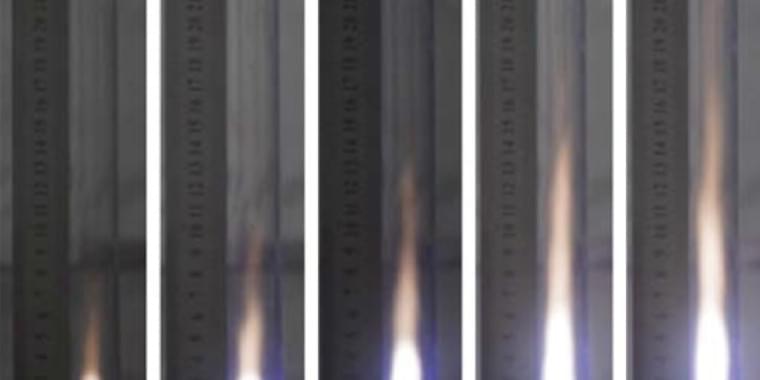
Year 2020 face_with_colon_three Propellant free thruster.
I usually approach papers on the subject of alternative thrusters with a certain degree of cynicism. But we’ve finally been given a study on microwave thrusters that doesn’t rely on impossible physics. Instead, it used a plain old plasma thruster.
Plasma thrusters have generally been thought of as a means of propulsion in space, but now one has been designed to operate under atmospheric conditions. According to the researchers involved, it’s an air plasma thruster that has the potential to produce the same thrust as a commercial jet engine.
Combustible air?
A jet engine is just a form of internal combustion engine: combine fuel and air and compress the living hell out of the mixture. The resulting ignition rapidly heats the gas (most of which is nitrogen and doesn’t burn), forcing it to expand explosively. The rapid expansion can be used to power fans that generate thrust or used directly to provide thrust. But, the key point is that the gas needs to be rapidly heated to very high temperatures so that it can expand. The fuel of a jet engine is just the energy source for heat.